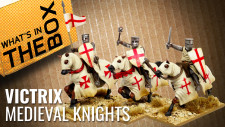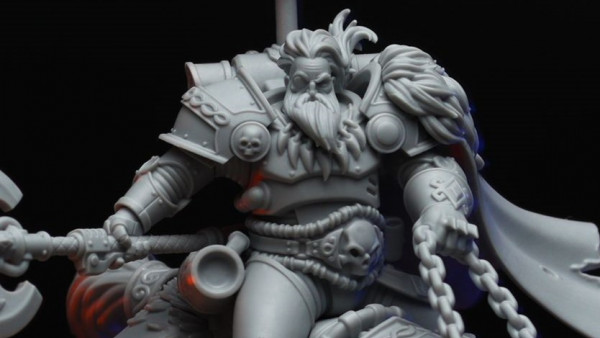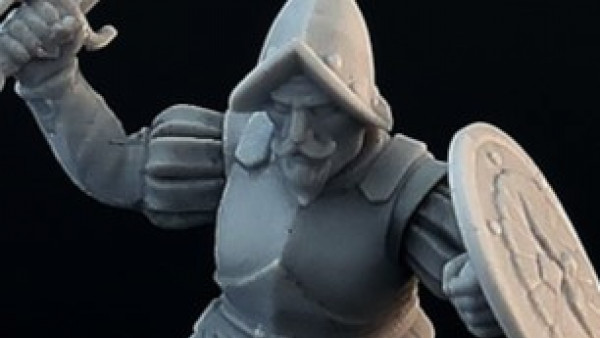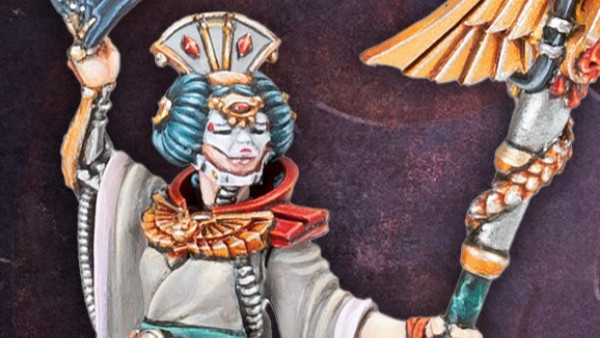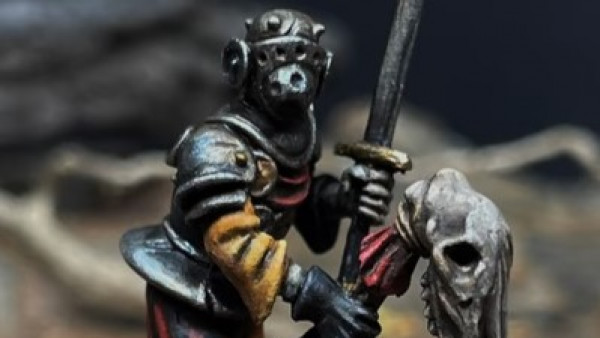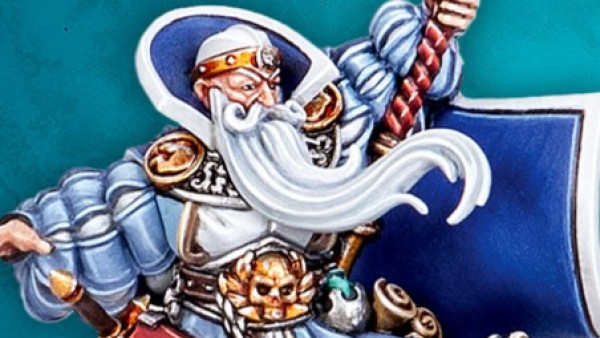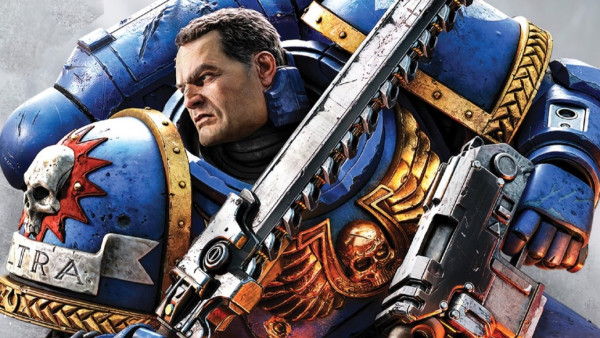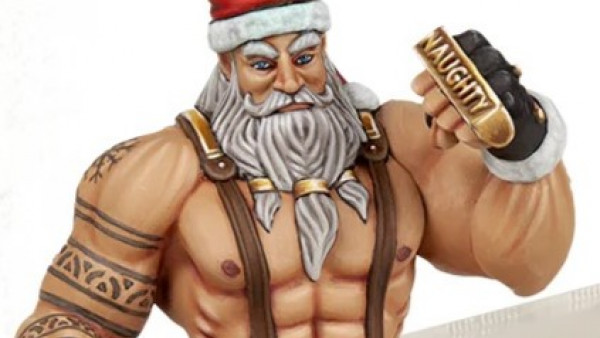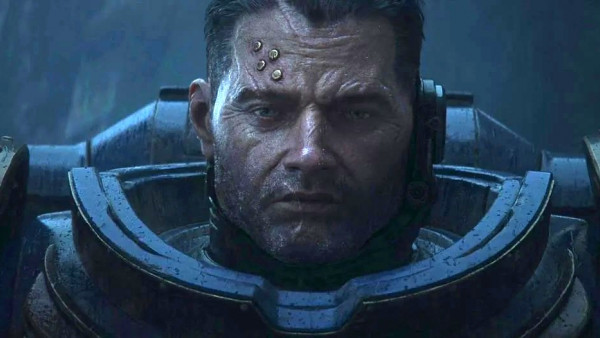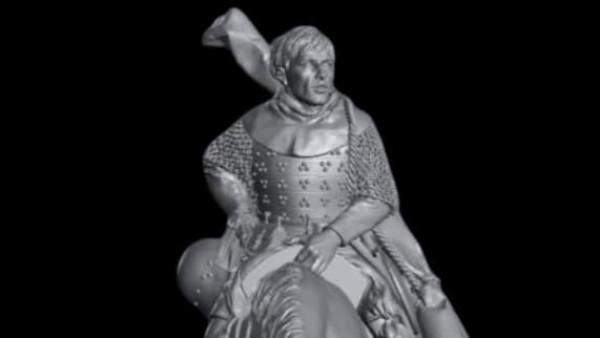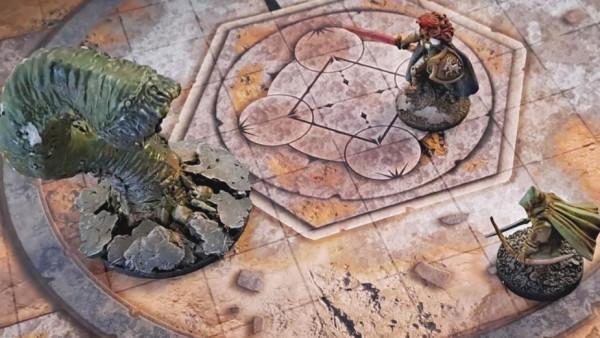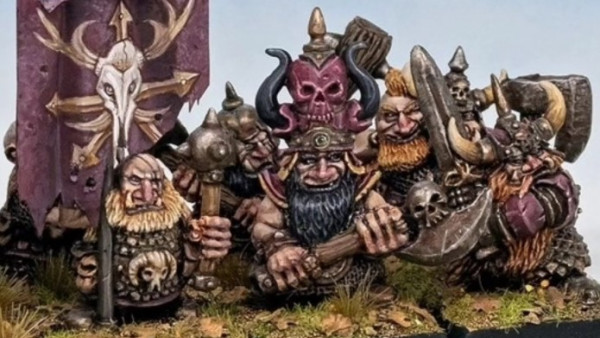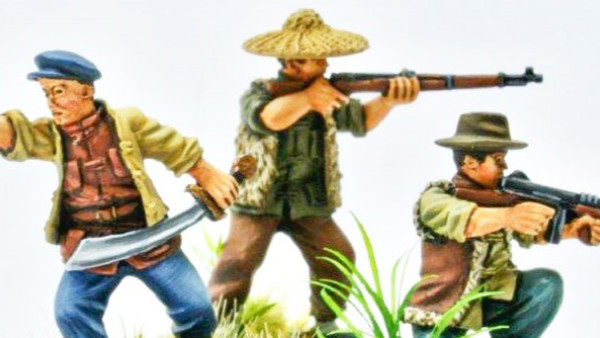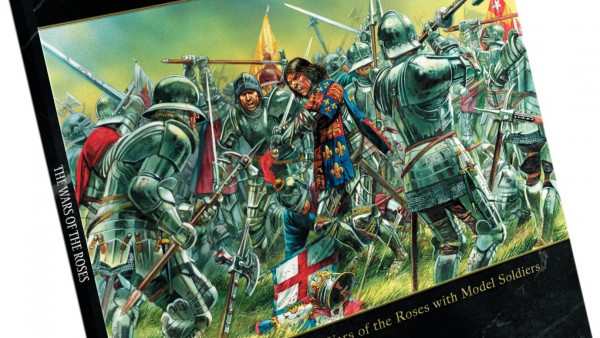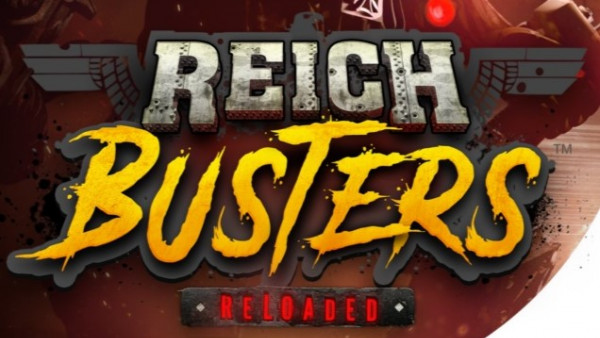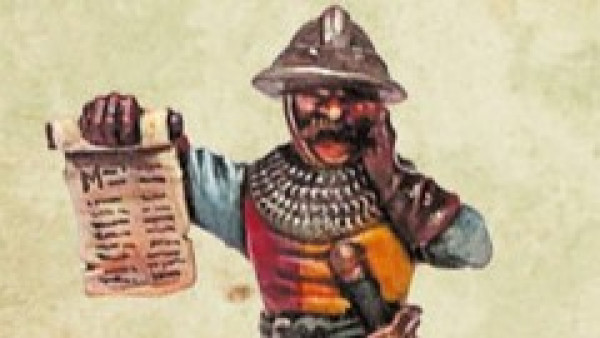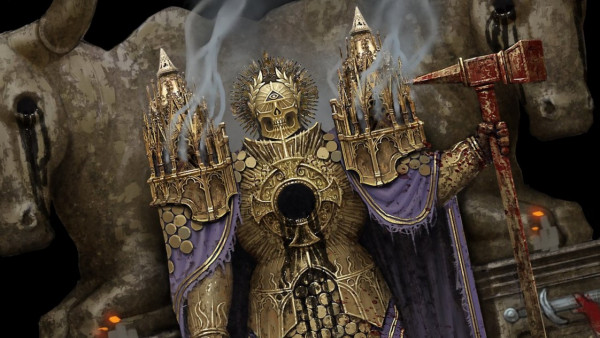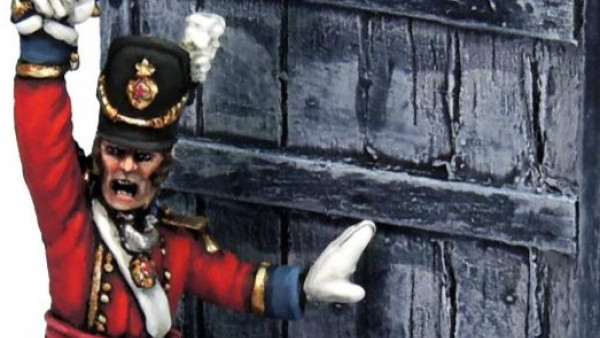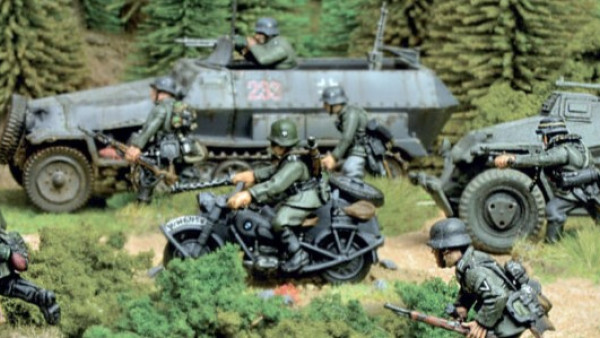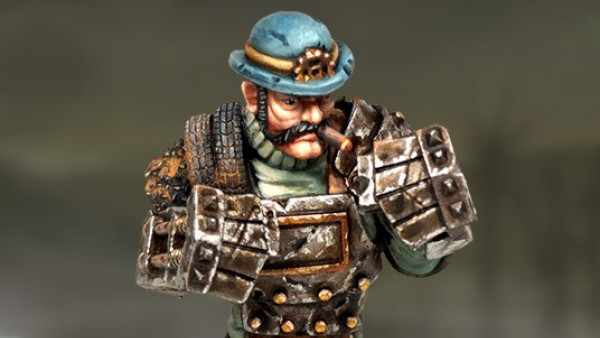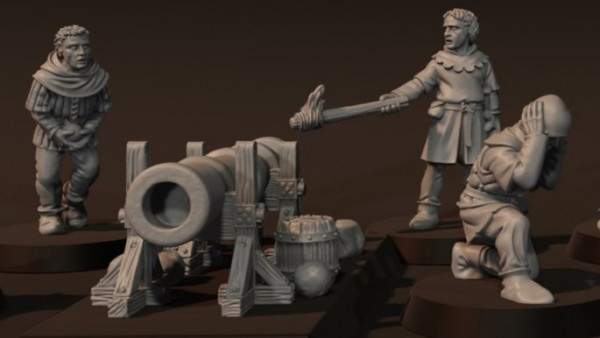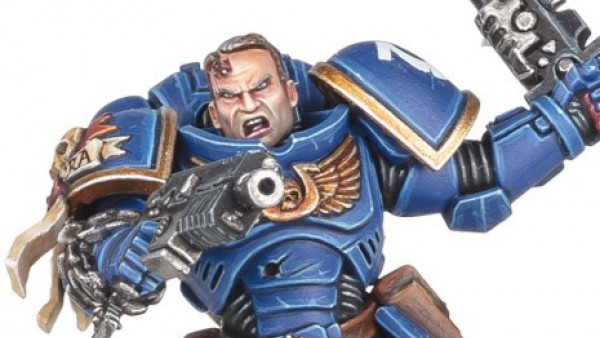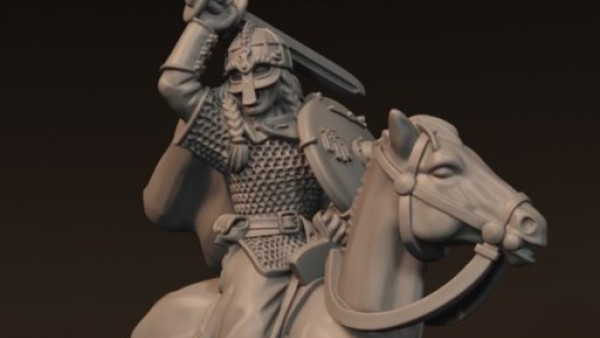Home › Forums › Historical Tabletop Game Discussions › My grandfathers war diary 39 – 45 › Reply To: My grandfathers war diary 39 – 45
I’ve always found memoirs interesting – sad to see so many of the old fellas succumb to old age so the more we can learn the better.
An old family friend of ours was a conscientious objector during the war so served as an army medic – he became one of the first British medics into Belsen. What he saw shook him to the core, he’d rarely ever talk about it but he was kind enough to leave a copy of his memoirs to my dad when he passed away.
I live in quite a strange area really, we used to have a prominent RAF base nearby (second largest munitions dump in the country) and a prisoner of war camp several miles to the north. Quite an interesting mix of people in the town by the end of the war, large numbers of Scots and Poles sent to work at the base, and large numbers of German and Italian prisoners in the POW camp who spent much of their time fixing walls and fences and working in the fields in return for extra rations and a little bit of money or sometime beer. For a lot of these people they had little to go back to after the war ended so many of them stayed, married locals and we now have second, third and fourth generations of people sprouted from these different lost souls. My grandad was a Scot and served in the RAF, met my nan and stayed but his next door neighbour was a former POW by the name of Henry Richter. Henry had served on the U-boats before getting captured – most of his family had died so he stuck around. Spent the end of his life drinking in the British Legion club alongside people who had been trying to kill him. After 20 years, local veterans let him join the club as they figured ‘well, same line of work as the rest of us, just for a different side…’
When my dad first started working on the railway in the 70’s there were several Poles and Germans, they just had to make sure they worked on different shifts to each other to avoid conflict as small arguments could easily lead to fighting. Stan the Shunting Pole was a regular on the darts team, really quiet bloke. Escaped Poland on foot before joining the Free Polish Army in the UK.
One veteran I remember particularly well was an Italian prisoner of war called Mr Zoppi – he married the daughter of a local dairy farmer and set up an ice cream business. Lovely old man, if he’d made enough money for the day he’d start giving his ice cream away to the kids for nothing. His son Trevor still runs the ice-cream business along with the farm.
Different sides, but lots of stories to tell. Most of them being that they never wanted to get involved in the first place but just had to do what they were told, and regardless of what happened, some were lucky enough to have a decent quality of life afterwards.
Worst memory I have actually comes from some old 8th army veterans, they got drunk at a neighbour’s 100th birthday party and started to reminisce. A friend of theirs had been on guard duty, another couple of hours and the military police would relieve them and take the prisoners back. One of them had concealed a knife and tried to make an escape – he cut the throat of the guard on duty with a Hitler Youth knife and ran for it. They soon recaptured him, in their rage, they took this boy and anyone else suspected of being a possible trouble maker and shot them. As these old fellas spoke to each other (unaware the rest of us could hear them) the tears were streaming down their faces, both for the friends they lost but for the shame of what they had done.
Powerful stuff but it needs to be learnt…































![How To Paint Moonstone’s Nanny | Goblin King Games [7 Days Early Access]](https://images.beastsofwar.com/2024/12/3CU-Gobin-King-Games-Moonstone-Shades-Nanny-coverimage-225-127.jpg)



